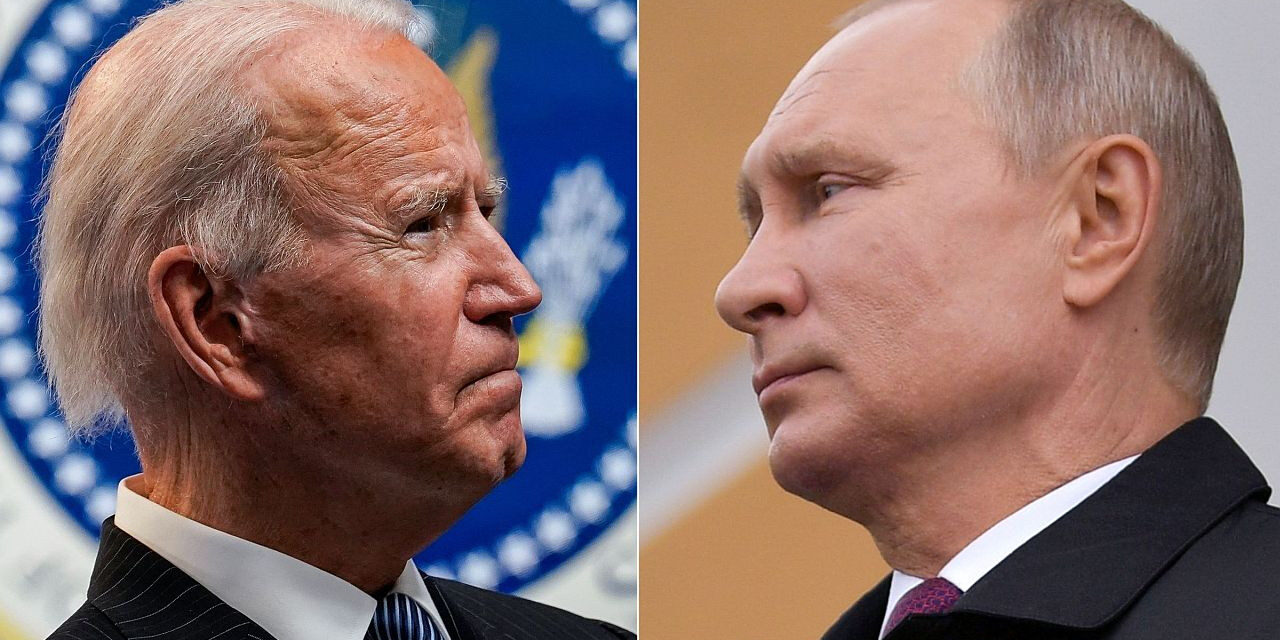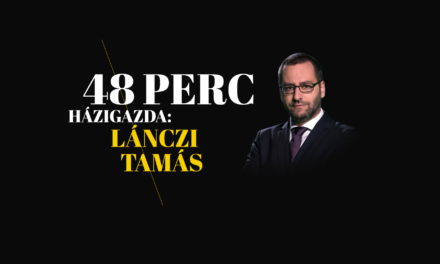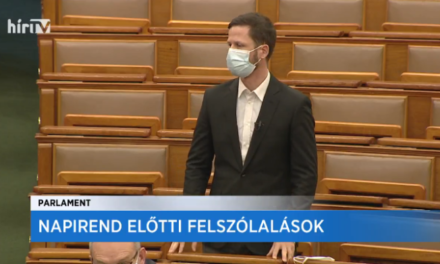Sweden, Norway and Finland have also issued warnings of a possible war and crisis situation - around the same time as Vladimir Putin changed Russia's nuclear doctrine.
Some officials of the Nordic countries also admitted that they did so because of the threat from Russia.
The Russian president is known to have approved an updated nuclear doctrine on Tuesday, according to which Russia may consider using nuclear weapons if it is hit by a conventional missile attack backed by a nuclear power. The Russian president also signed the document.
The change of the doctrine has already been discussed in recent months, but Putin's current move seems to be a response to US President Joe Biden's permission for Ukraine to carry out a strike on Russian territory with the long-range weapons they received.
In parallel with Vladimir Putin's move, millions of families in the Scandinavian countries were warned about what to do if the given country was involved in a war or some kind of crisis.
Sweden has already issued a warning to the population in this regard, and now they have started sending out a new information sheet again (by the way, this will be only the fifth such information sheet since the Second World War).
"Every household in the country, a total of 5.2 million households, will receive the information within two weeks," wrote the Swedish Civil Emergency Agency (MSB). It was announced that the bulletin has been available online since October and has been downloaded roughly 55,000 times so far.
In the recent briefing, they covered a number of topics, and within the various crisis situations, more emphasis is placed specifically on preparing for war. It gives specific advice on how to prepare for a crisis or war and what to do if a serious incident occurs.
The following appeared as new topics in the information sheet:
– Evacuation advice;
– Advice on how to stop bleeding;
– Advice for people who need special support;
– Tips for dealing with anxiety;
– Advice on the preparedness of pets;
– Advice on how to talk to children about crisis and war.
The publication is aimed primarily at people over the age of 16 and has a total of 32 pages - which is double the length of a similar informational document issued six years ago, in 2018.
In addition, a noteworthy novelty (as pointed out by The New York Times) is that the following sentence can be found right on the first page of the information sheet:
"If Sweden is attacked by another country, we will never surrender. Any information that the resistance will cease is false”.
This sentence was already in the 2018 version, but then it was only on page 12, under tips for identifying false information and checklists for home preparation - compared to which it is indicative that it is now right at the beginning of the information.
"The national security situation has changed drastically and we all need to strengthen our resilience against various crises and ultimately war," said MSB Director General Mikael Frisell, presumably referring to the war in Ukraine.
Christina Andersson, project manager responsible for brochures at MSB, said, "Sweden is one of the few countries in the world that communicates with the entire population about civil preparedness for crises and wars by sending brochures to every household. The new brochure sends an important message that we need to be prepared to protect our open society and democracy." He also added that
we live in an age where awareness of various risks and threats and our ability to cope with them must become part of our daily lives.
According to the British Metro, a similar online information sheet entitled "Preparation for incidents and crises" has been published in Finland.
It details how a war or crisis can disrupt people's daily lives and what they should do about it.
In a detailed chapter on military conflicts, it is described how the government and the president would react in the event of an armed attack, also emphasizing that the Finnish authorities are "well prepared for self-defense".
Among other things, the document includes instructions on how to keep warm in an emergency, but also advice on how to pass the time in a crisis when people are locked in their homes.
According to the BBC, the Norwegian government has also issued a similar leaflet, which is also sent on paper to 2.2 million households. In the document, the population is encouraged to be prepared in case they have to survive on their own for up to a week due to extreme weather, war or other threats.
They wrote a list, among other things, of what should be kept at home in preparation for such an emergency. This list includes, among other things, durable foods (such as canned beans, energy bars and pasta), as well as medicines, including iodine tablets in case of a nuclear accident (although it was noted that these should only be collected on the authority's orders).
The Norwegian government also previously sent out a similar information in 2018, but according to the government, since then, not only war, but also extreme weather events, such as floods and landslides, pose an increased risk.
Although none of the new guidelines directly mention Russia, Swedish and Finnish officials told The New York Times on Tuesday that their decision was influenced by Russia's invasion of Ukraine.
"The biggest difference is the increased emphasis on war preparedness - and the harsher tone of the warnings," said Svante Werger, a preparedness adviser at the Swedish Civil Emergencies Agency. Eriikka Koistinen, communications director of the Finnish Ministry of the Interior, said that "the global security environment has become more unpredictable." He also noted that it's not just the war in Ukraine, but also this week's sabotage of Baltic fiber cables (which Finns blame on Russia), the conflict in the Middle East and Russia's closer relationship with North Korea.
"The war in Ukraine affects Ukraine, but it also affects our security," Norwegian Foreign Minister Espen Barth Eide said on Tuesday.
In the meantime, Tore Kamfjord, one of the leaders of the country's civil preparedness campaign, also wrote that "the world has changed significantly since 2018" and highlighted that previously citizens were only required to prepare for self-sufficiency for three days instead of the current one week.
We are facing a permanent deterioration of the security situation in our region - said Kamfjord.













